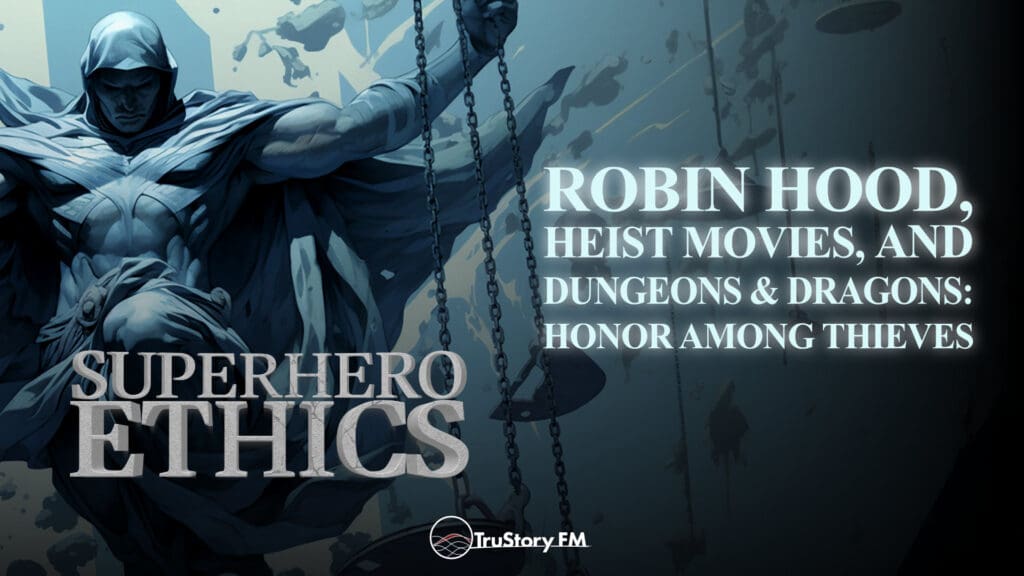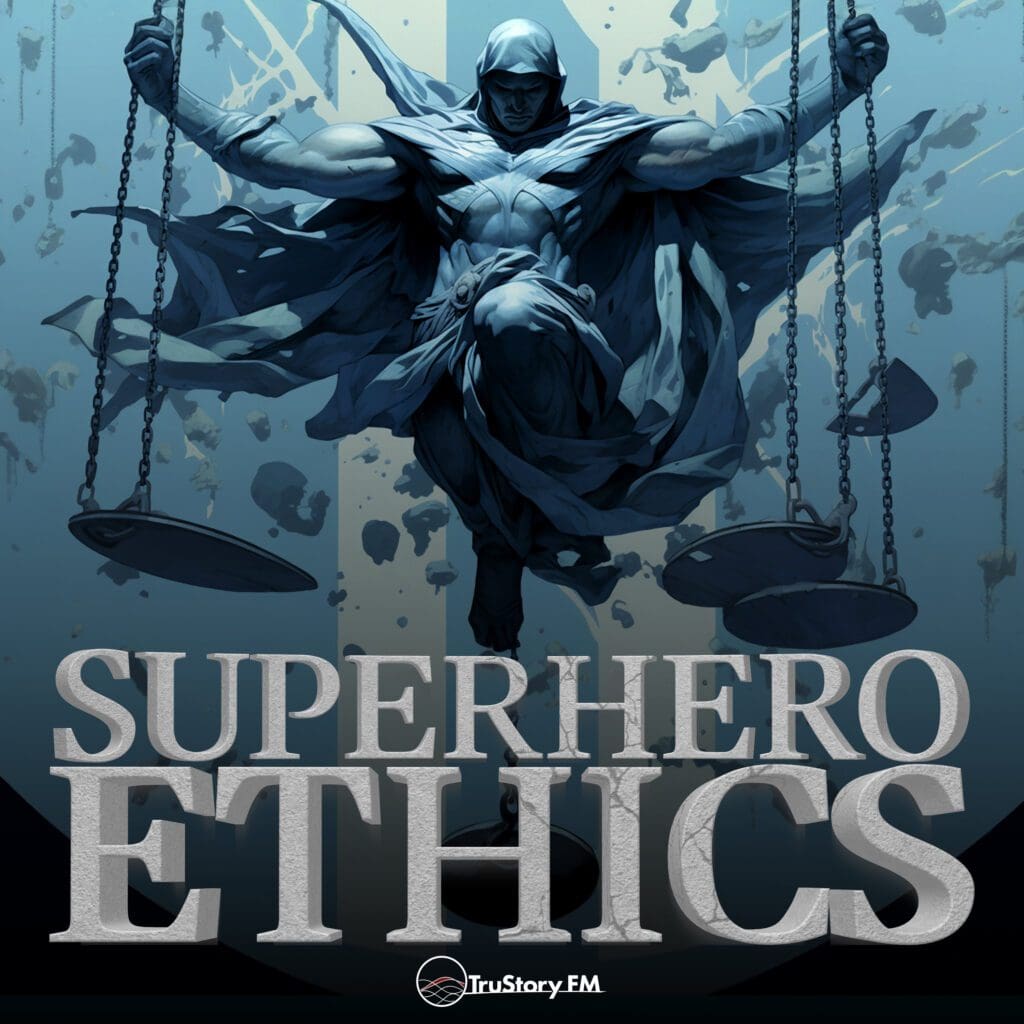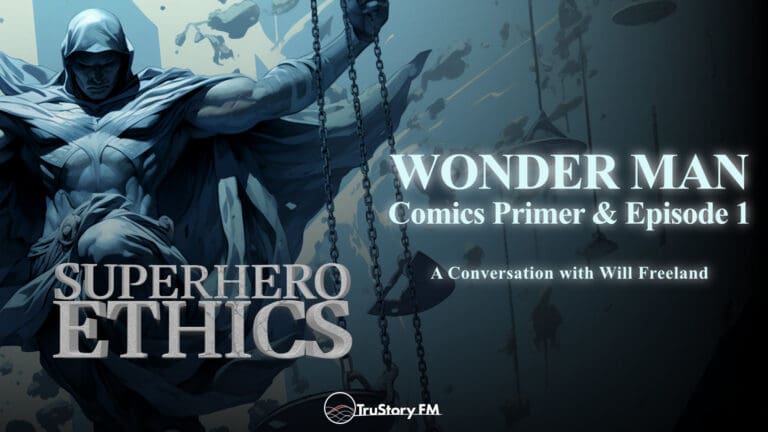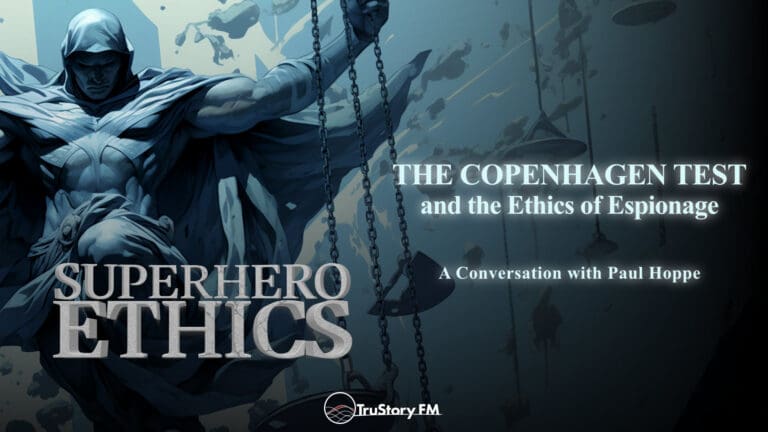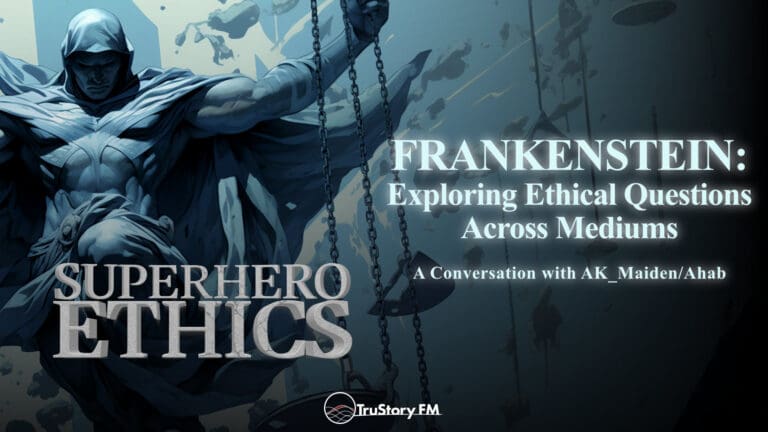Robin Hood & Heist Movies: Why Do We Love Stealing from the Rich?
Matthew and Riki dive into the enduring appeal of Robin Hood stories and modern heist films. Sparked by Riki’s rewatch of Dungeons & Dragons: Honor Among Thieves, the conversation explores why stories about stealing from the wealthy continue to resonate across centuries—and why the ultra-rich who run Hollywood keep funding them.
Why does the Robin Hood myth remain so powerful?
The hosts trace the origins of Robin Hood back to the 12th-13th centuries, noting how the original tale wasn’t about overthrowing the system entirely but rather supporting what was seen as legitimate authority (King Richard) against corrupt power (King John and the Sheriff of Nottingham). This pattern continues in modern heist stories, where criminals often end up supporting the status quo rather than truly revolutionizing society.
How do heist films differ from traditional Robin Hood stories?
Modern heist films like Ocean’s Eleven often maintain the “steal from the rich” element but abandon the “give to the poor” aspect. Instead, protagonists typically keep the money for themselves or use it to help a small circle of associates. Nevertheless, audiences still root for these thieves because they target wealthy individuals who are portrayed as having obtained their fortune through questionable means.
Why do wealthy studios keep making movies about stealing from the rich?
Matthew and Riki suggest these films might function as “bread and circuses”—entertainment that distracts the masses while preserving existing power structures. Most heist narratives conclude by restoring the status quo rather than challenging it fundamentally, allowing wealthy stakeholders to profit from stories of rebellion without promoting actual systemic change.
Other topics discussed:
- The evolution of the “putting together a team” trope in heist films
- How heist movies typically avoid lethal violence, unlike many Robin Hood adaptations
- The “heart of gold” outlaw character archetype in pirate stories and Star Wars
- The pattern of former antagonists joining the hero’s team in franchises like The Fast & the Furious
- How the Robin Hood brand has been co-opted for everything from financial transaction taxes to cryptocurrency platforms
- Modern adaptations like Green Arrow and Leverage that continue the Robin Hood tradition
The Robin Hood narrative has shown remarkable staying power because it speaks to fundamental human desires for justice and fairness. While these stories rarely champion revolutionary change, they provide a satisfying fantasy of accountability in a world where economic inequality continues to grow. Whether through traditional tales or modern heist films, the thrill of watching the wealthy and powerful get their comeuppance remains an enduring part of our storytelling tradition.







